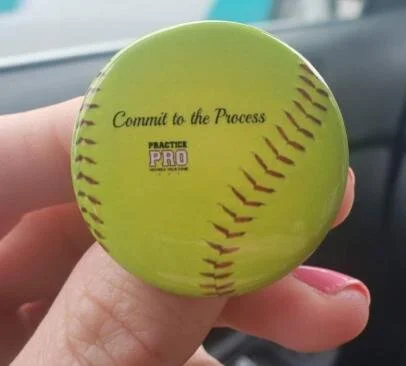When I tried out for my high school softball team I simply showed up on the prescribed date and time. I carried my spikes and glove in my hand. I did what I was told. I observed the skills of the other girls and measured myself against them. What chance do I have? How hard are the coaches making me work? Do I like this? Are the girls nice?
Never once did I think bigger than that. I didn’t think about winning a championship. I didn’t ponder what made a good team, or what I could do to be a good leader. In hindsight I wish I would have. To those of you who are reading this, I’d suggest thinking of these things. Whether you are in 5th grade, going to college next year, or in high school, the following will be valuable.
We had the opportunity to interview the Whitney Young Coach, Mike Hinrichs and the Ridgewood Coach, Ken Juarasz about how they’ve built their program, what they expect of players, and how to buy in.
Read More





















